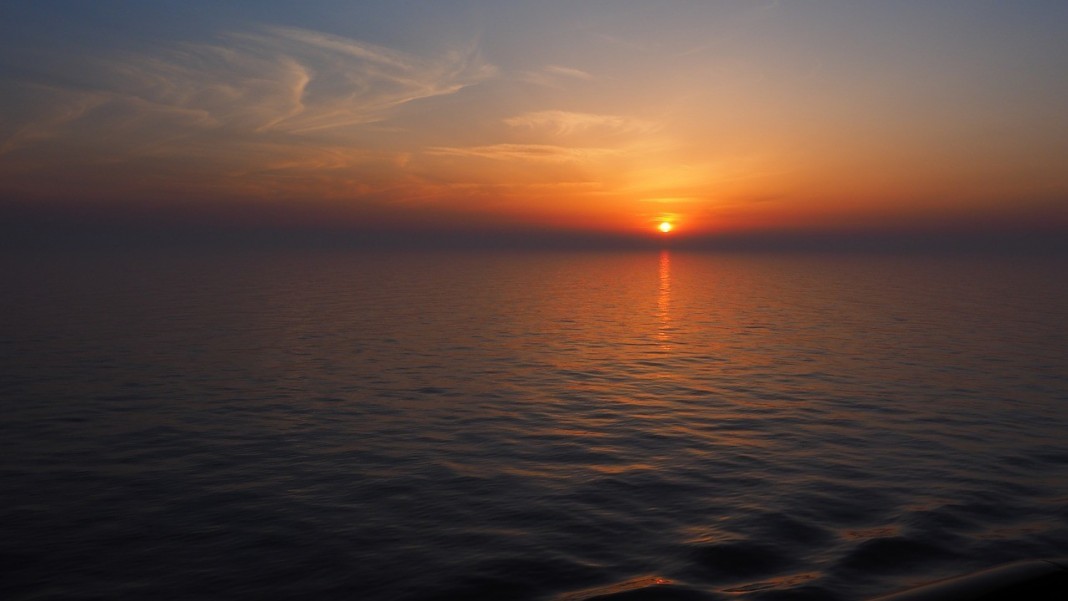Relations between Australia and China have taken a downwards turn over the last year. Australia has recently become one the most outspoken nations in asserting their discomfort with China’s foreign policy decisions.
While past Prime Ministers of Australia have spoken of the need for strong diplomatic and economic ties with China, recent events have soured this historic relationship. Noteworthy speeches and policy documentation have hinted at Australia seeing China as a growing threat.
The change in attitudes towards China can be seen in Prime Minister Malcom Turnbull’s remarks that have associated China with coercion, intimidation and corruption. Australian Defence Minister Marise Payne pointed out that China was not adhering to international rules.
These remarks come after China’s aggressive behaviour in the South China Sea where it has built artificial islands to use as military bases. Recent reports of Chinese interference with Australian domestic politics and decreased levels of restraint when it comes to international affairs have driven a wedge between the two nations.
These concerns are not one sided, with many of China’s elite similarly disillusioned with Australian behaviour. Chinese elite figures have demonstrated a mix of both confusion and hostility towards Australian opinions towards their country.
With many of China’s richest families making frequent visits to Australia and having their children study at Australian universities, they have traditionally had a positive opinion towards the country.
While Canberra has made it clear they are not taking sides in the South China Sea issue, the fact that Australia wants to see an arbitration of the dispute has presented a concern for Chinese elites. Since Australia has no alleged stake in the outcomes of the dispute the Chinese are confused why Canberra has made it an issue.
Since Australia has no territory disputes or security interests in the South China Sea, Chinese commentators are hostile towards Canberra’s notions that China is making the region less secure.
Another factor that has affected Chinese attitudes towards Australia is the way in which Australian media has portrayed Chinese influence. Many Chinese commentators state that the Australian media has exaggerated and sensationalised claims about Chinese influence.
The foreign policy White Paper has also heightened tensions between Australia and China. While not explicitly stating so, Chinese commentators have interpreted the document’s wording to suggest the need for Chinese containment.
The timing of the White Paper’s release was close to US President Donald Trump’s adoption of an Indo-Pacific strategy for that region of the world. For many Chinese this all worked to suggest an anti-China alliance was secretly being planned.
While on the surface level the relationship between China and Australia seems stable, the lines between official stances and reactionary gossip are beginning to blur.


